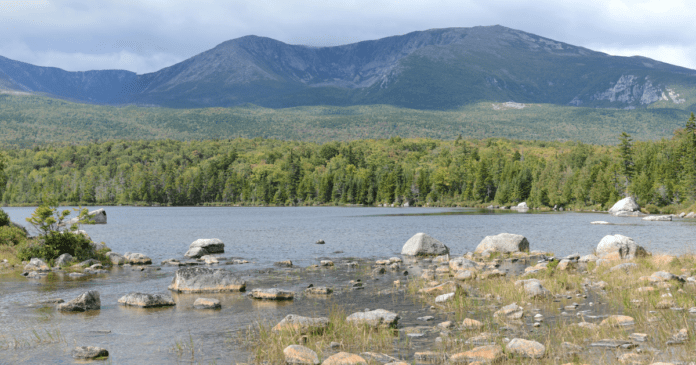I can distinctly remember going back into the woods with my father on a cool gray November day to make a fire and roast potatoes in the coals. Never have I tasted such sweetness as that potato, garnished with wood smoke and infused with the November scents of leaves and crisp air.
Whether we are in a great wood, seashore, or vacant lot, we can experience a connection to an expansive Presence that can restore, heal, and inspire us. Regardless of whether we call that the expression God, Goddess, Buddha, Gaia, the Divine Source, Our Higher Power, or simply nature, this experience of Presence is freely available.
When we were children, our minds were still “wild” and free. We enjoyed getting our hands and feet in the dirt. We danced in the rain and splashed wildly in puddles. We awakened every sense as we ran, crawled, climbed, and tumbled through mysterious forests and unexplored jungles on great adventures. We loved to walk barefoot on dew-soaked grass and sandy beaches in summer, play in the piles of fallen leaves in the autumn, and flop down to make angels in the cold winter snow.
As we grow up, our culture seldom tolerates this type of free-spirited excitement. “Don’t get wet, you’ll catch cold.” “Don’t get your dress dirty.” While some of these admonitions may be necessary for safety, the parent is often consciously or unconsciously giving the child the message that the sanitary orderliness of the human world is more desirable than the spontaneous reality of the wild.
This messaging is tearing out the roots of our fundamental relationship with the natural world. Unfortunately, our twenty-first-century minds have been so highly “civilized” that we can no longer simply walk out into the wild and have the intimate connection experienced by our ancestors. To cultivate a deep relationship with the natural world, we need to begin by relearning to experience the openness, joy, spontaneity, curiosity, and freedom that we once knew as children, our “wild mind.”
As adults in recovery, rediscovering our “wild mind” can be the gateway to restoring the full network of connections between us and our surroundings, including the natural world. Typically, recovering people either lacked these connections before their addiction or lost them as a tragic consequence of trauma and/or the addiction itself. Consequently, recovery is most often begun in relative isolation, making it infinitely more difficult.
Eco-spirituality can serve as the key to building an extensive, stable network of connections. A relationship with wildness can allow our badly damaged senses of belonging, trust, and safety to heal if we make the effort to learn how to enter and experience this relationship. When we do that, we have a completely trustworthy platform from which we can rebuild our lives. It is also a place where we can temporarily lay aside our daily stresses and find immediate solace.
Eco-spirituality-based recovery can end that emptiness, filling our hearts and opening the path to healthy, fulfilling lives in connection.
Learn more about eco-spirituality based recovery on our website.



